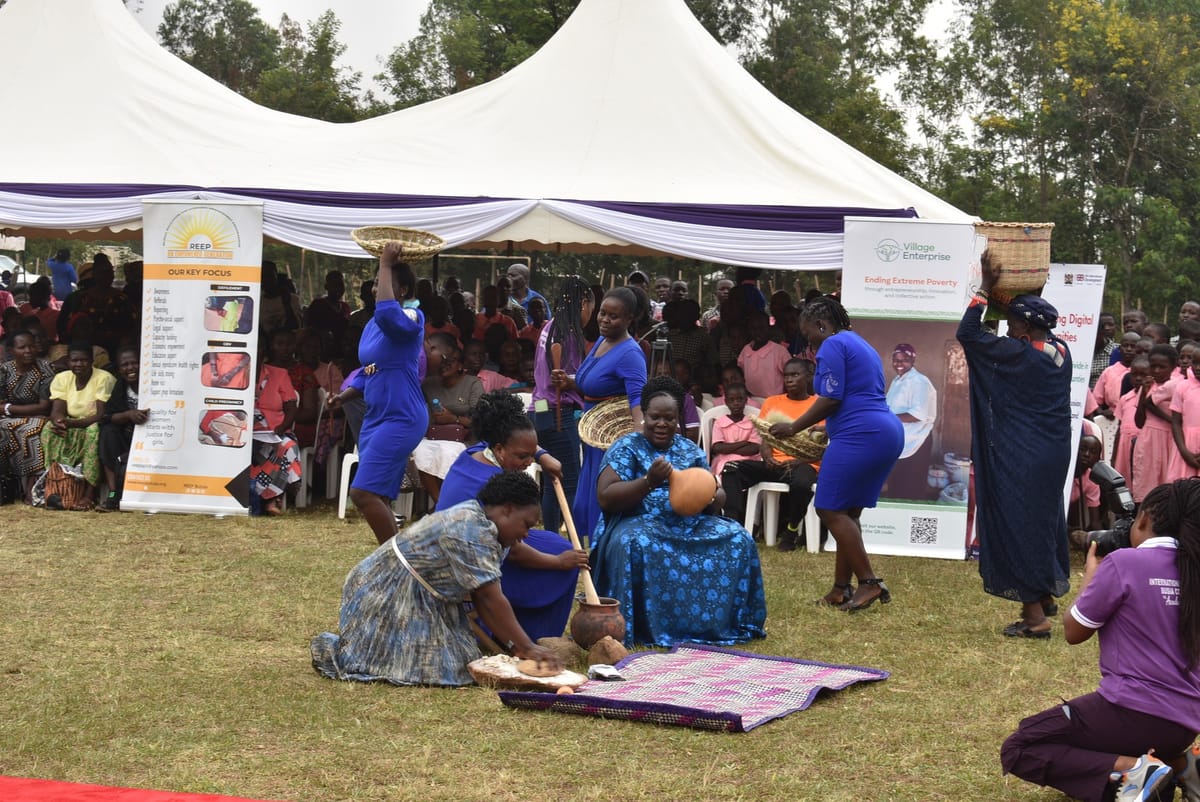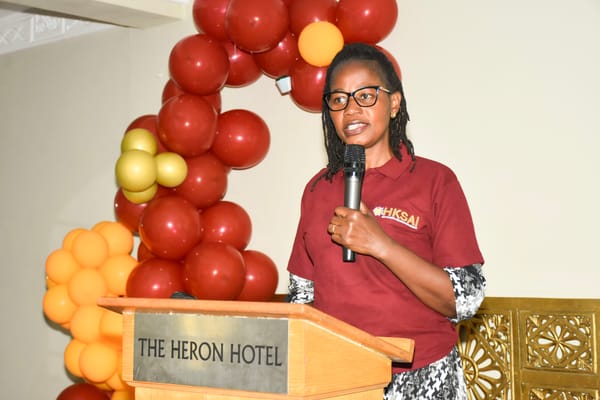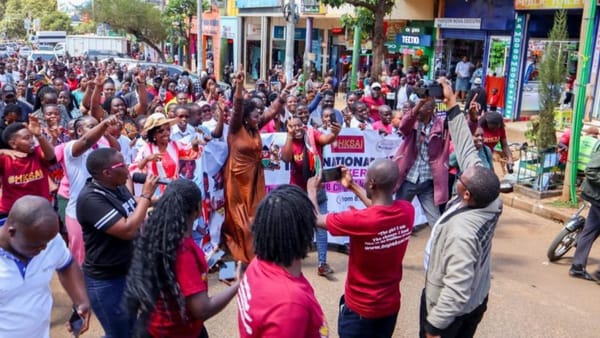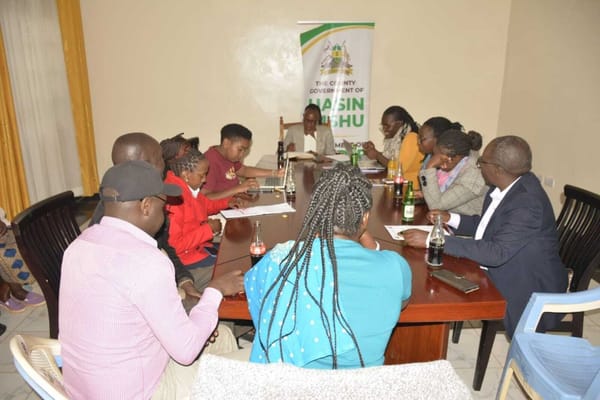International Women's Day (IWD) I

As women around the world celebrate International Women's Day (IWD), it's important to acknowledge the critical issues they continue to face. While progress has been made, many challenges persist. Some of the most pressing issues include:#Gender-Based Violence: This remains one of the most significant barriers to women's safety and equality. Women continue to experience domestic violence, sexual harassment, trafficking, and harmful traditional practices such as female genital mutilation and child marriage. In many parts of the world, legal protections and societal support are still insufficient.#Pay Gap and Economic Inequality: Despite significant advancements in women's participation in the workforce, the gender pay gap remains a global issue. Women, particularly women of color, are often paid less for the same work. Economic disparities also include unequal access to resources, credit, and land ownership, limiting women's ability to achieve financial independence.#Underrepresentation in Leadership and Decision-Making: Women are still underrepresented in leadership positions, both in politics and business. This lack of representation results in policies and decisions that may not fully address the needs of women or reflect their perspectives.#Access to Education and Healthcare: In some regions, girls and women continue to face barriers to education, which limits their opportunities for personal and economic growth. Additionally, healthcare access, particularly reproductive healthcare, remains inadequate in many areas, with women often facing challenges related to maternal health, family planning, and sexual health rights.#Reproductive Rights and Autonomy: In many countries, women's rights to make decisions about their own bodies are still contested. Laws restricting access to abortion, contraception, and maternal healthcare are still present in several places, limiting women's autonomy over their reproductive health.#Climate Change and Environmental Injustice: Women, particularly in rural and developing areas, are disproportionately affected by climate change. They are often responsible for gathering water and food, and environmental changes threaten their livelihoods, health, and safety. Women in these regions are also frequently excluded from decision-making processes about climate policies and environmental sustainability.#Social and Cultural Norms: Societal expectations and gender norms often limit women's choices and opportunities. These norms can lead to pressure to conform to traditional roles, restrict personal freedom, and perpetuate stereotypes, especially for women from marginalized communities.#Mental Health: Women often face unique mental health challenges, including the impact of gender-based violence, societal expectations, and the pressure to balance work and family responsibilities. In some places, mental health care for women is inadequate, and stigmas prevent them from seeking help.As women celebrate IWD, it's crucial to reflect on these ongoing challenges and work towards creating a world where women can live free from discrimination, violence, and inequality, and where their rights are fully recognized and protected. We the HKSAI invite in the forth coming celebration of IWD as we come up with solutions to the challenges facing our women.on 5/03/2025 at #kisumunationalpolytechnic we shall be there.www.hopeksai.org +254748432400 for engagements and partnering




